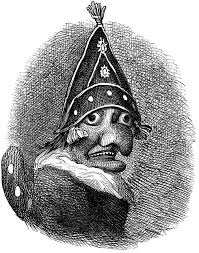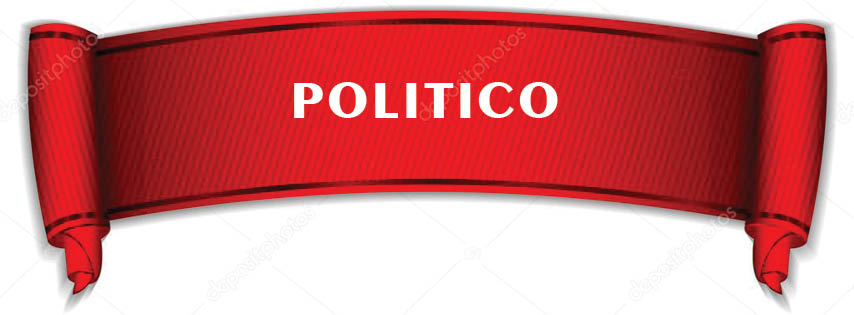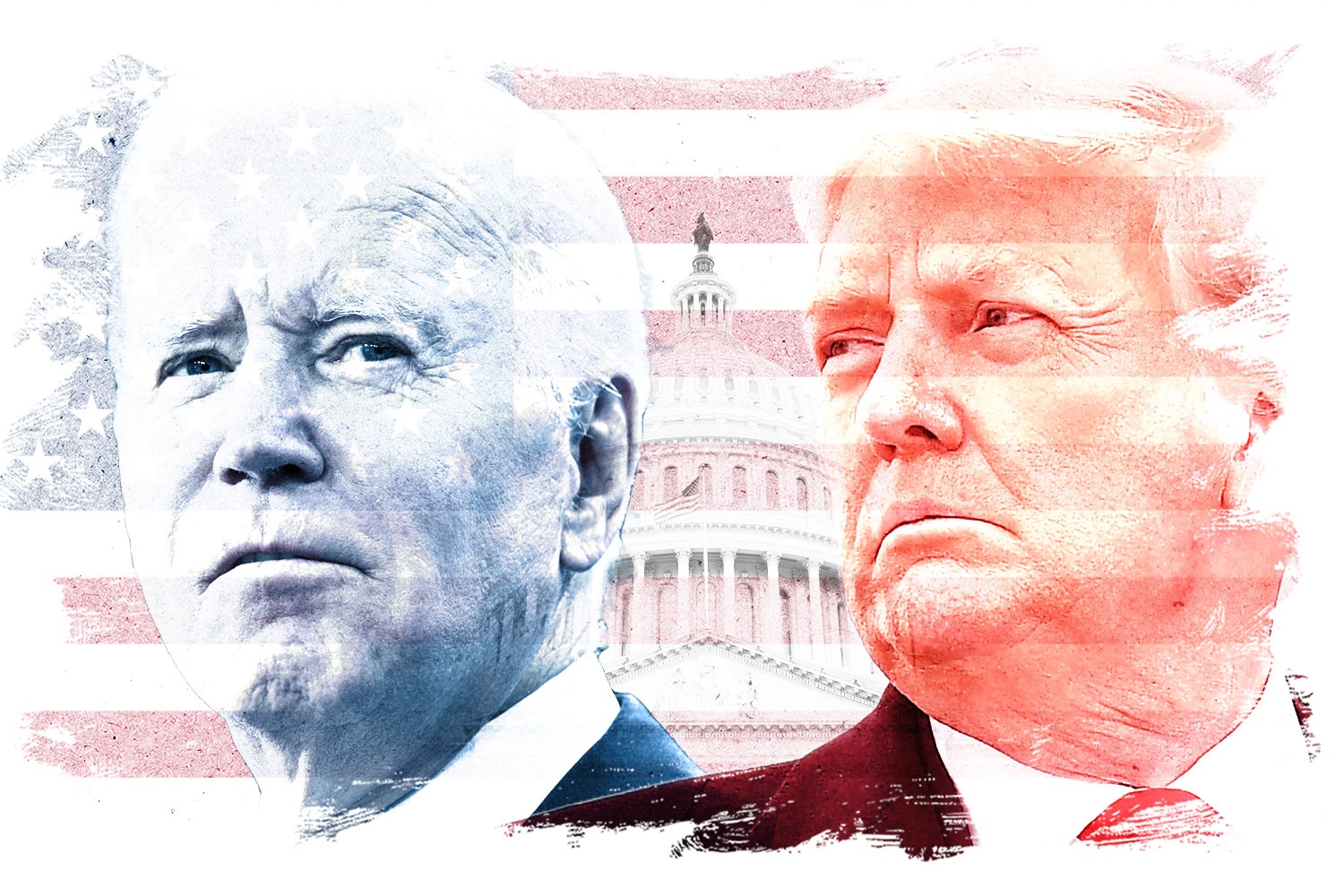Just 538 men and women will decide which candidate inherits the White House in Election 2024. Called the Electoral College, the term wasn’t mentioned in the U.S. Constitution but rather propounded upon in American newspaper articles now colloquially referred to as the "Federalist Papers." Under the pseudonym "Publius" Alexander Hamilton writes:
The choice of the president should reflect the sense of the people not a political party; their choice should reflect a full and fair expression of the public will; and electors should be elected directly by citizens.
But they’re not. Today, political parties nominate slates of electors at State conventions or central committee meetings. And if the original idea was that electors — the most discerning individuals from each State — were somehow in command of the public's will — then it follows that their original purpose wasn't merely to cow-tow to their political parties. Hamilton even warned their getting too cozy with sitting presidents. “Give all the power to the many they will oppress the few. Give all the power to the few they will oppress the many.”
The framers of the Constitution did not anticipate political parties, nor did they anticipate candidates running for president. U.S. Presidents were designed to be chosen by electors equal in number to its congressional delegation.
In Federalist 68, Alexander Hamilton expounds upon an Electoral College "of men most capable of analyzing the qualities adapted to the station of president.” However, electors were soon pledged to vote for a specific candidate, and the slate of electors chosen by the state were no longer free agents, independent thinkers, or deliberative representatives. They became as Justice Robert H. Jackson observes, "voluntary party lackeys and intellectual non-entities.”
While Article II of the U.S. Constitution lays out the original plan — Each state appoints electors using legal procedures determined by its legislature, equal in number to its congressional delegation — it follows that said body should be left to cast their votes independently of any interference from the state.
As James Madison and Alexander Hamilton, two of the most important architects of the Electoral College, watched the states adopting a “general ticket” of electors within the states, they witnessed the voice of the electors themselves being silenced. Hence, a collection of 85 articles and essays written by Alexander Hamilton, James Madison, and John Jay under the collective pseudonym "Publius" to promote the ratification of the Constitution of the United States.
Their objective of an ensign in every U.S. presidential election failed, as evidenced by the modern Electoral College. In fact, electors have not answered the design of their institution; they are not the independent body of superior characters they were intended to be; and they are not free to exercise of their own judgment or the public trust. On the contrary, they give their vote, or bind themselves to give it, according to their pledge. Today, they're mere agents of their state's political party.
Since the Electoral College preempts the popular vote in U.S. presidential elections, the nation as a whole doesn’t actually elect the next president. Election 2024 will be decided most probably by the electors in six swing states, and while each presidential candidate gets their own unique list of names on their slates the public or voter remains unawares.
Thirty-two states plus the District of Columbia have laws requiring electors to vote for the candidate the party has nominated, or they have to sign pledges. Some threaten electors with fines or even criminal penalties for going "faithless." It's a fourth-degree felony in New Mexico; subject to criminal action in South Carolina; and North Carolina among others impose fines. Chiafalo v. Washington held that states have the constitutional right to enforce an elector's pledge in presidential elections.
Nearly two-thirds of U.S. adults (65%) say the way the president is elected should be changed so that the winner of the popular vote nationwide wins the presidency. Only a third favor keeping the current Electoral College in place. The Electoral College plays a now irrelevant role in some recent U.S. elections, according to a new Pew Research Center survey. The majority of Americans now welcome change to the way presidents are elected.
Five US presidential candidates including, Jackson > Tilden > Cleveland > Gore > and Clinton all won the popular vote but lost the Electoral College. Consequently, Adams > Hayes > Harrison > Bush > and Trump all lost the popular vote but won the White House.
While Joe Biden and Donald Trump are roughly neck and neck in national polls, its wise to remember that the final “race to 270” are real people with real decision-making power. Tallies on the screen may seem predetermined in a race where anything is possible. Rust Belt, Sun Belt and Blue Wall be damned, most states have laws protecting against faithless electors but there is one in particular that doesn’t.
Standing in picket lines with United Auto Workers whilst courting one of the Greenest Cities in America requires what the founder's called “a sense of the people not a political party” in the City of Brotherly Love.
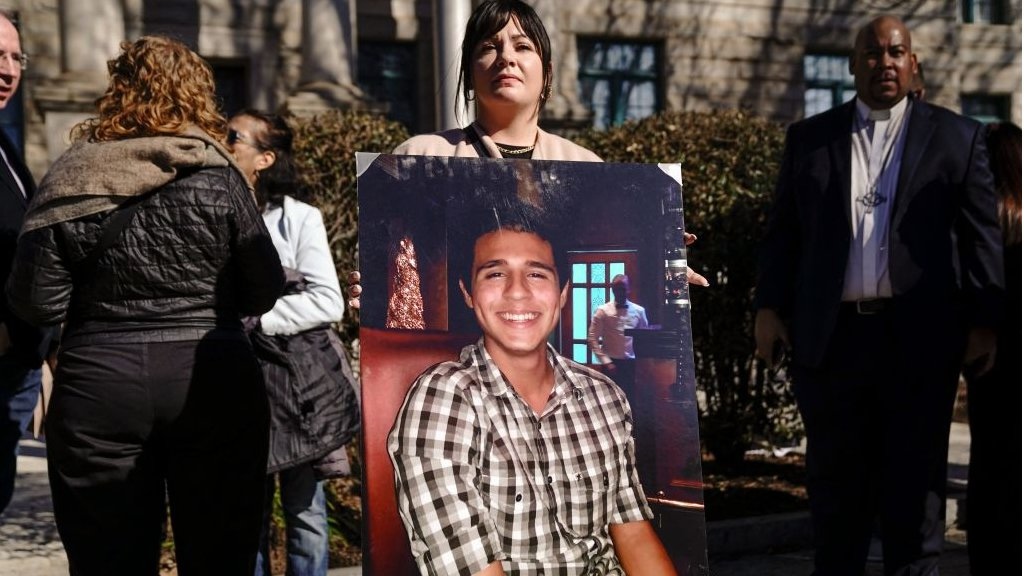
Manuel Esteban Paez Terán
Opposition intensified in 2022 as officers began sweeping the site. Protesters set up camps on the grounds and erected barricades to block officers and construction crews. Demonstrators threw Molotov cocktails and set off fireworks while law enforcement responded with tear gas and rubber bullets. Casualties include: Manuel Esteban Paez Terán was fatally shot by state troopers in Atlanta on January 18, 2023; and Ashli Babbitt by Capitol Police in Washington DC on January 6. What constitutes domestic terrorism and racketeering can be construed by the states, so in the meanwhile be mindful not to block traffic in New York State.
The Patriot Act of the 107th United States Congress was signed into law by President George W. Bush. It was enacted shortly after 9-11. It’s aim was to tighten national security against foreign terrorism, by, among other things, legalizing surveillance by law enforcement.
The law is extremely controversial due to its authorization of indefinite detention without trial of immigrants, and due to the permission given to law enforcement to search property and records without the owner's consent or knowledge, several federal courts have ruled a number of provisions unconstitutional.
The Patriot Act’s enduring legacy was to ignite and embolden law enforcement’s notion of domestic terrorism. It reads in part:
Domestic terrorism is defined as any violation of the criminal laws of any state or U.S. code; that appears to intimidate or coerce a civilian population; or to influence the policy of a government by intimidation or coercion; or affect the conduct of a government by kidnapping, assassination, destruction.
While international and domestic terrorism often transact on the super highway and social media, Section 230 of Title 47 of the United States Code provides immunity for online computer services with respect to third-party content generated by its users:
No provider or user of an interactive computer service shall be treated as the publisher or speaker of any information provided by another information content provider.
So are Facebook (3.7+ billion); Instagram (2.4 billion); or TikTok (1.9 billion) publishers, content providers, or simply just mail carriers? It’s the critical question before the U.S. Supreme Court. However, the expositors of the U.S. Constitution must defer to the architects of the First Amendment.
The nation’s constitutional Framers worked hard to create a government that responded to its citizens’ interests rather than telling citizens what their interests should be. The Framers, indeed, feared a government that could control the flow of information and impose its views on the governed. The First Amendment was created to allow for citizens, not the government, to manage a marketplace of ideas.
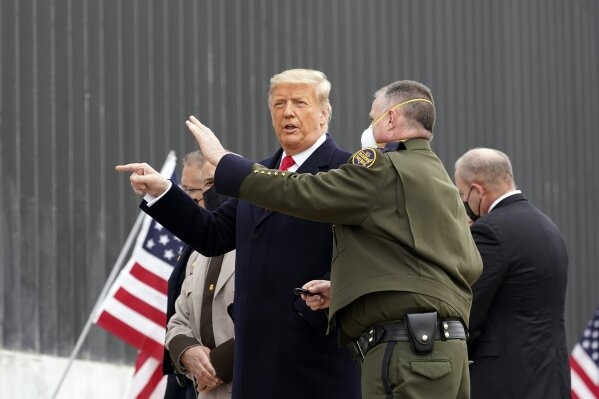
Trump in El Paso 2021
But when does the federal government run afoul of free speech? Accused of overreach in its efforts to convince social media companies to cull postings of anti-vaxxers during the pandemic, U.S. District Judge Terry Doughty of Louisiana stepped in with an opinion:
During the COVID-19 pandemic, the United States Government appears from evidence to have assumed a role similar to a dystopian scenario or an Orwellian ‘Ministry of Truth.’ ”
Truth Social, an alt-tech social media platform created by Trump Media & Technology Group, while “free from political discrimination” reportedly bans users and blocks all posts related to Jan 6.
Now prior to the invention of movable type texts were copied by hand, typically by monks and literate slaves who were expensive to buy and maintain. After the printing press emerged, and theological heresies spread across Europe, the first copyright law appeared in the "Statute of Anne" in Great Britain (1704).
John Milton’s “Areopagitica” is history's first and most influential defense of freedom of speech and freedom of the press. Written in condemnation of censorship in 1644, freedom of conscience powerfully resonated with America’s founding fathers like Thomas Paine but were immortalized by James Madison.
The Federalist Papers weren't merely publishers, content providers or carriers of information. They were instruments that called upon the republic to ratify the First Amendment. As protestors, migrants, and presidents share their journeys on TikTok, executive action to quell their stories and control messaging is no match for Zack King’s Magic Ride. Here's the reason why. If we don’t believe in free expression for everyone, then we don’t believe in it at all.
And since the Associate Justices are all suckers for precedent, we defer with respect to Judge Hugo Black in New York Times v. United States:
The First Amendment gave the free press the protection it must have to fulfill its essential role in our democracy. The press was to serve the governed, not the governors.
Archives



